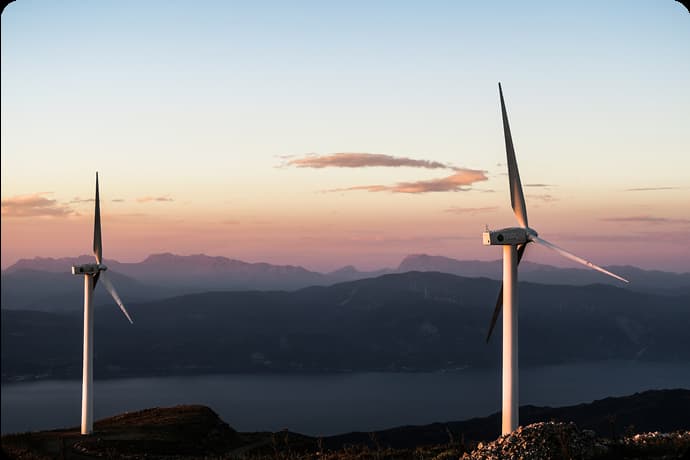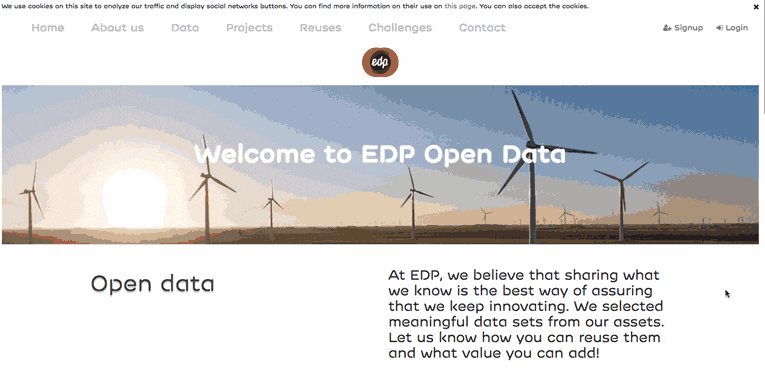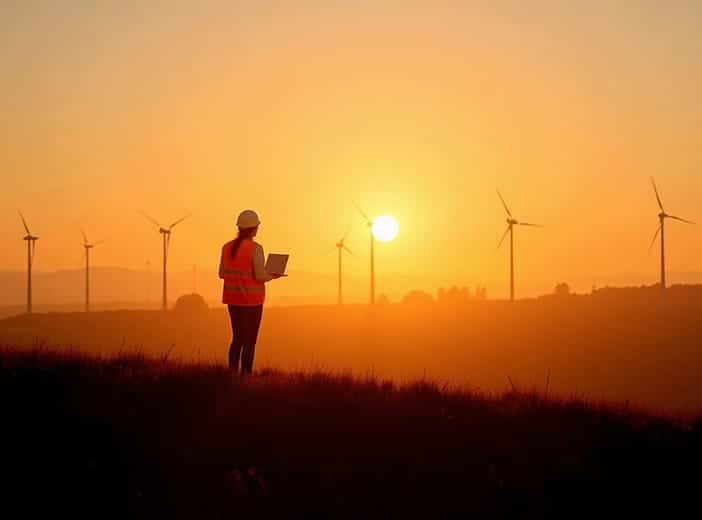EDP – Powering a Data-Fueled Energy Revolution
On several occasions in 2017 and 2018, the country has been able to meet 100% of its electricity demand exclusively from renewable energy sources. While some claim such ambitions to be unattainable, Portugal is the counterexample.

For energy sector observers, including environmental activists and policy makers alike, Portugal presents a sort of energy marvel. On several occasions in 2017 and 2018, the country has been able to meet 100% of its electricity demand exclusively from renewable energy sources. While some claim such ambitions to be unattainable, Portugal is the counterexample.
EDP (Energias de Portugal), Portugal’s primary energy producer, has played a critical role in leading the country’s energy transition. Indeed, in the early 2000s, Portugal made a conscious decision to increase drastically its renewable energy production, aiming to see 80% of the country’s electricity coming from renewables by 2030. EDP, has been hard at work at this ever since, and is committed in achieving a worldwide power capacity portfolio in which 76% comes from renewable energy by 2020.
In 2005, renewable energy represented only 16% of total electricity production. Today, 42% of electricity in Portugal is generated by renewable energy, with that number often reaching over 60%. 21% of electricity comes from wind. Thanks to such efforts, CO2 emissions in Portugal have slowly been falling, after a peak in 2002. This only means good news for the climate, seeing entire nations making a committed effort to reducing harmful greenhouse gas emissions.
While politics sparked the energy revolution, EDP, took a leading role in transforming the sector worldwide. Present in sixteen countries, it has made a commitment to energy innovation and sustainability, and is the fourth largest wind energy producer in the world. However, it has understood that to see the energy transition through, it will take collaboration and information sharing.
Creating Opportunities for Energy Stakeholders
EDP is addressing the new challenge created by high penetration of renewable energy: intermittency. Production that relies on renewable energy sources is non-dispatchable, since power managers cannot control the wind or the sun, making renewables less manageable than conventional and highly polluting fuels. Today’s power grid, as explained by Robert Fares, was conceived around the ability to control the generation of power to produce the right amount of electricity at the right time to meet demand, with limited storage capacity. Thus, energy system operators seek forefront technologies to facilitate the spreading of renewable energy around the world to improve assets’ operation and management and reliability.
This is where open data can help. EDP has turned this challenge into an opportunity to build a community to create new solutions in a collaborative manner. EDP’s open data initiative provides resources for communities of academics, researchers, and other groups of energy stakeholders. By sharing data, the community as a whole can benefit from greater knowledge about the energy sector. The resource can also help to spur community innovation to confront the challenges of tomorrow.
Hacking the Wind
EDP is committed to an open innovation approach. It is working to build closer relationships with customers and partners, and decided to launch a new data portal. The launch took place in conjunction with the Wind Europe event, the wind energy sector’s largest conference, and ran the Hack the Wind hackathon alongside the event, in partnership with KIC InnoEnergy, in order to find new solutions to operational problems affecting wind turbines. Following the hack, the portal will remain open and include more data from other business units.
According to Antonio Vidigal, CEO of EDP Inovação, “by giving access to our data, we allow the users to freely define their own reuses and return to us with excellent solutions to the problems that the energy industry is facing.” In essence, EDP hopes to tap into the collective intelligence of their communities.
They are responding to the tech community’s reuse for data, provide data for academic or energy startup projects, provide resources for the scientific community, and spur the creation of new tools and solutions with an AI component. “We expect to encourage people to extract value from these data, share insights, improve knowledge, and be part of the ongoing energy sector transformation with us.” says Antonio Vidigal.

While EDP’s portal was presented at Hack the Wind in Germany, the portal itself is already inviting users to participate in a production forecasting challenge for solar power. EDP is not only using the portal to host data, but also to challenge its community outside of organized events to see what is possible. It is a testament to its collaborative approach, and shows the way bridges can be built between communities and large companies.
In other areas, open innovation approaches have led the way to new approaches to industrial challenges. In transportation, for example, a data challenge in the city of Rennes had led to new solutions making the transport network more accessible. In the French energy sector, ENGIE France Renewable Energy has successfully conducted a similar Open Data project.
In an effort to create new solutions to its own local energy challenges, they shared an open dataset to run a data challenge related to wind farm operations, in collaboration with Ecole Normale Supérieure. In its context, ENGIE has demonstrated the ability to integrate machine learning solutions to detect under-performing wind turbines and identify the causes of these abnormalities.
Better Data Sharing in Developing Smart Grids
EDP is working hard at developing an open innovation ecosystem to help it push Portugal’s energy revolution to the next step. While installing physical infrastructure is critical, it is not enough to surpass certain challenges that result from the very nature of renewable energy. They have critically understood that in order to build the energy future of tomorrow, collaboration is essential. Through sharing information, they will be able to increase general knowledge of the energy ecosystem. Their new portal will play a role in moving forward the energy revolution and maybe even more broadly their own efforts across the world.



